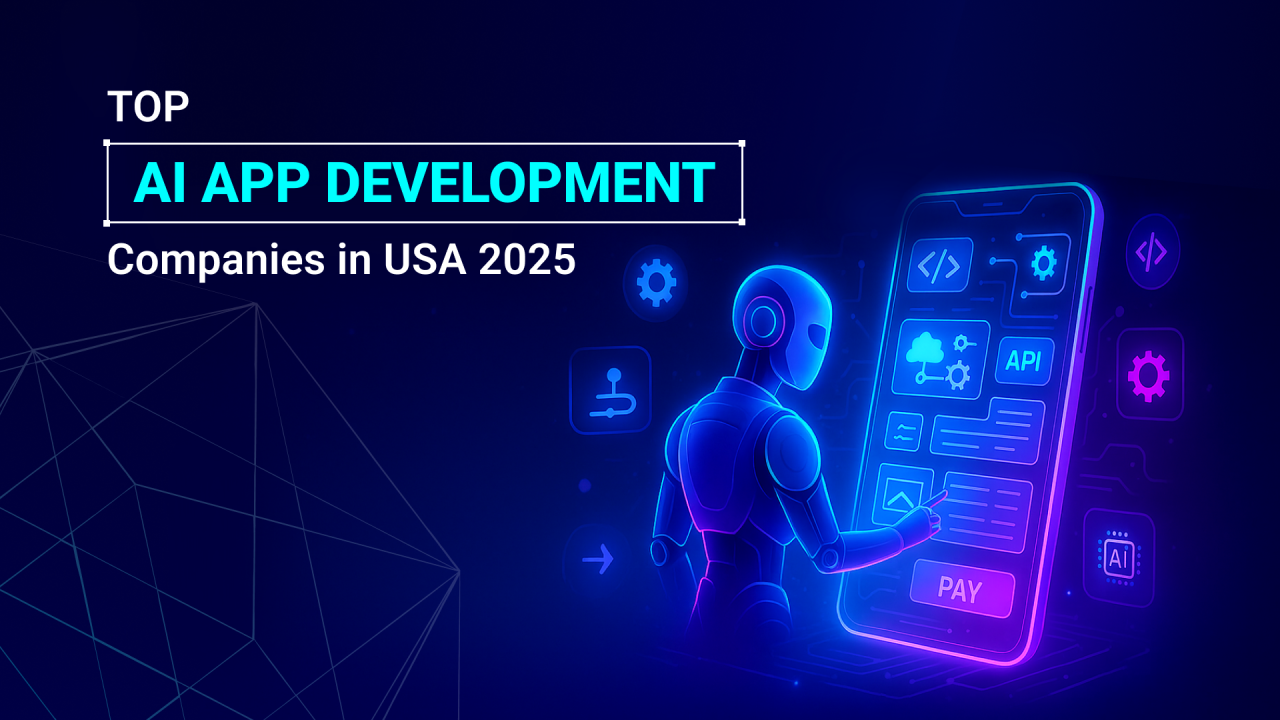Alright, let’s just get this out there: if you’re a business in California (tech capital, land of avocado toast and endless traffic jams), choosing between cross-platform and native apps isn’t just some tiny detail—it’s kind of a big deal. Hooking up with the right app development company in California is basically like picking your fantasy football team. Get it right, and you’re golden. Pick wrong, and, well, say hi to the bottom of the App Store.
So, what’s the actual difference between these two flavors of apps? Native apps are like that one friend who only does yoga at a specific studio and won’t settle for anything less. They’re built for one platform—iOS or Android—and they go all in. Think buttery-smooth animations, snappy speed, deep access to your phone’s fancy hardware, the works. You want the camera? GPS? Some weird AR feature that makes people look like llamas? Native’s your jam.
Cross-platform, though, is the chill multitasker. You build it once (hello, React Native and Flutter), and it runs on both iOS and Android. Save time, save money, launch quicker—what’s not to love? Okay, so maybe it’s not quite as fast as native, and sometimes it can’t reach every nook and cranny of your device, but for a lot of apps, no one’s gonna notice or care.
If you’re still reading, you probably want the pros and cons, right? Let’s go rapid-fire:
Native Pros:
- Stupid-fast performance
- Deep device feature access
- UI looks and feels super polished
- Security’s tight
Native Cons:
- Costs more (yeah, sorry)
- Double the code, double the work
- Takes longer to launch
Cross-Platform Pros:
- Quicker to build, faster to market
- Cheaper (your wallet will thank you)
- Easier to keep up-to-date
- Hit both iOS and Android users at once
Cross-Platform Cons:
- Not as zippy as native
- Sometimes can’t do every device trick
- UI might feel a little “off” here and there
Here’s the real talk: If you need your app to be a high-performance beast (think games, crazy animations, or some futuristic AR stuff), native’s the way. It’s what all the cool kids use for top-tier stuff. But if you’re just trying to get your idea out there fast, maybe you’re a startup or running on a shoestring budget, cross-platform is pretty much a no-brainer.
Honestly, the best thing you can do? Find a solid app development company in California. You want someone who knows the ins and outs, can spot the pitfalls, and won’t ghost you when things get tough. They’ll help you figure out what makes sense for your project instead of just selling you whatever’s trendy.
Look, whether you go native or cross-platform, there’s no magic bullet. Think about your users, your budget, and how fast you want to hit the market. And don’t forget maintenance—because nobody wants to launch an app and then watch it crash and burn from neglect.
Bottom line: Partner with a killer app development company in California, and you’ll be way ahead of the game. They’ll help your app stand out, work right, and not leave you embarrassed at your next networking event. Who knows? Maybe yours will be the next big thing people actually want to download.




